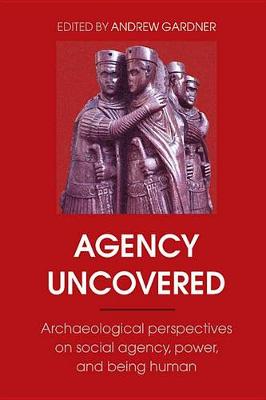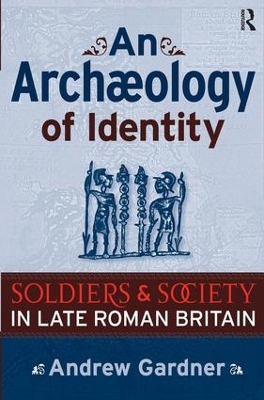UCL Institute of Archaeology Publications
2 total works
This book questions the value of the concept of 'agency', a term used in sociological and philosophical literature to refer to individual free will in archaeology. On the one hand it has been argued that previous generations of archaeologists, in explaining social change in terms of structural or environmental conditions, have lost sight of the 'real people' and reduced them to passive cultural pawns, on the other, introducing the concept of agency to counteract this can be said to perpetuate a modern, Western view of the autonomous individual who is free from social constraints. This book discusses the balance between these two opposites, using a range of archaeological and historical case studies, including European and Asian prehistory, classical Greece and Rome, the Inka and other Andean cultures. While focusing on the relevance of 'agency' theory to archaeological interpretation and using it to create more diverse and open-ended accounts of ancient cultures, the authors also address the contemporary political and ethical implications of what is essentially a debate about the definition of human nature.
What happened to Roman soldiers in Britain during the decline of the empire in the 4th and 5th centuries? Did they withdraw, defect, or go native? More than a question of military history, this is the starting point for Andrew Gardner’s incisive exploration of social identity in Roman Britain, in the Roman Empire, and in ancient society. Drawing on the sociological theories of Anthony Giddens and others, Gardner shapes an approach that focuses on the central role of practice in the creation and maintenance of identities—nationalist, gendered, class, and ethnic. This theory is then tested against the material remains of Roman soldiers in Britain to show how patterning of stratigraphy, architecture, and artifacts supports his theoretical construct. The result is a retelling of the story of late Roman Britain sharply at odds with the traditional text-driven histories and a theory of human action that offers much to current debates across the social sciences.

